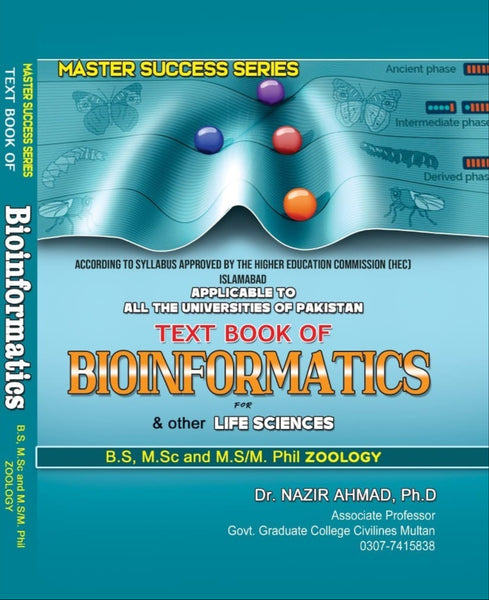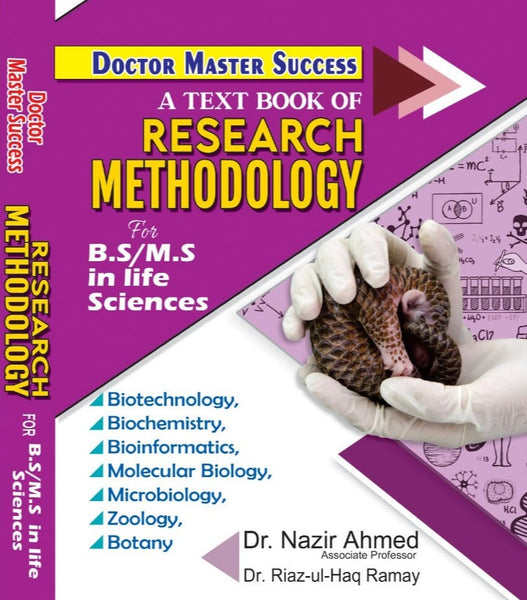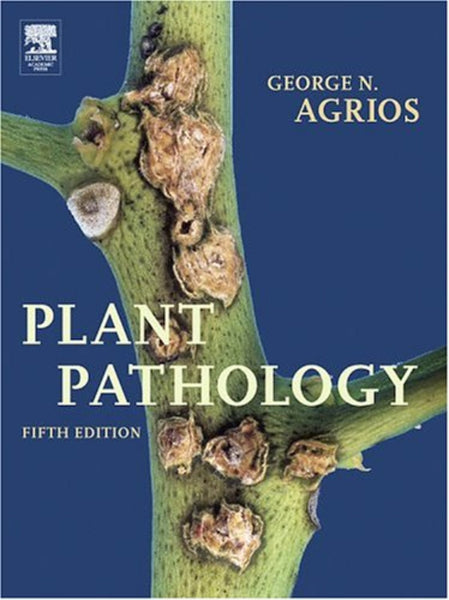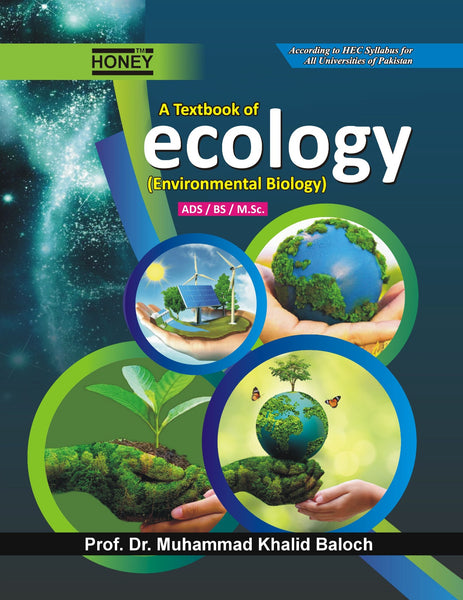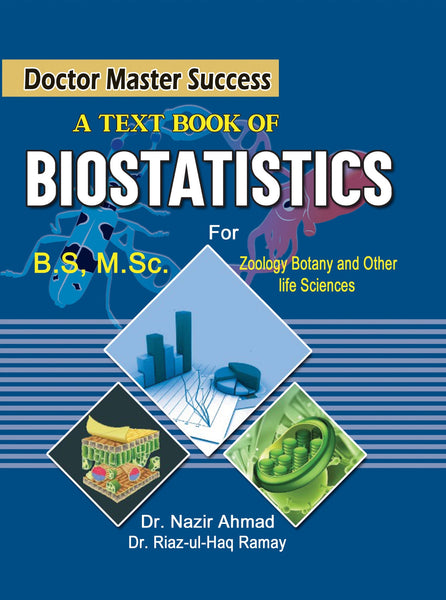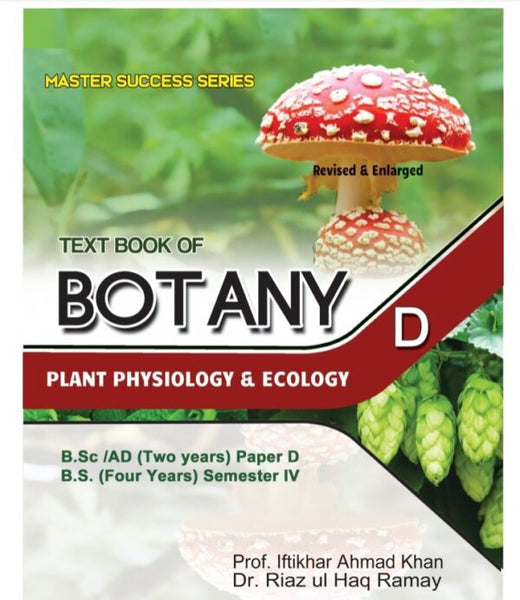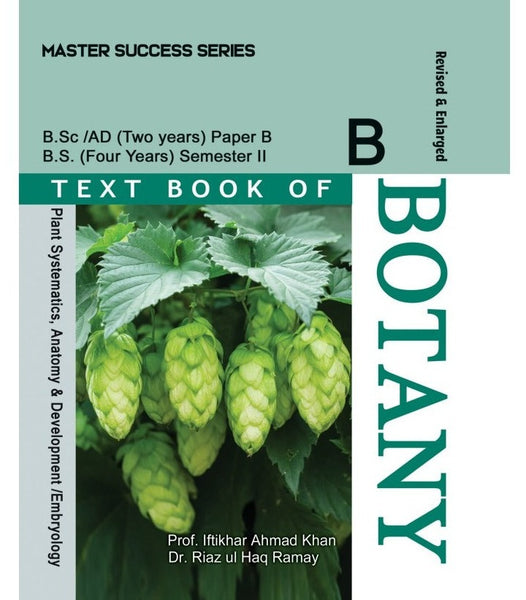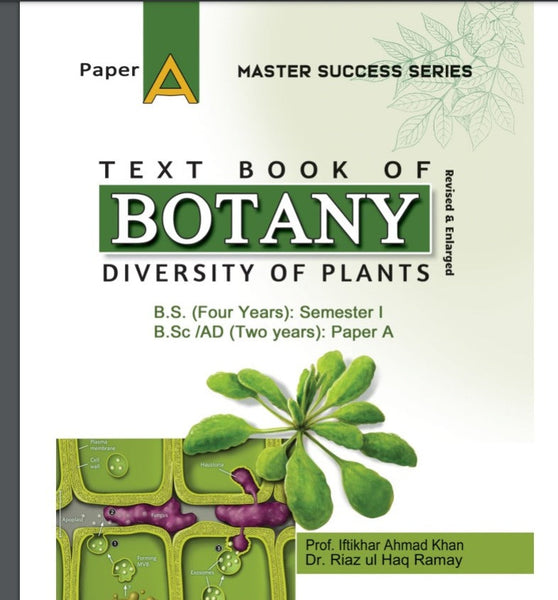Nanotoxicology In Humans And The Environment By Jamie R Lead
- Publisher: BIOLOGY
- Availability: In Stock
- SKU: 49386
- Number of Pages: 259
Rs.610.00
Rs.850.00
Tags: Advanced testing , affordable prices , best books , best books online , Best Price , best prices , Best Selling Books , best shop , Bioaccumulation , Bioavailability of Nanomaterials , Biocompatibility , Biodistribution , Biomarkers , Blood-brain barrier , Book shopping , bookshop , bookshop Multan , bookshop near me , bookshop online , bookshop online Multan , bookshopPakistan , buy online books , Cardiovascular effects , Cellular damage , Cellular Interactions , Dermal contact , digital shopping , Ecotoxicology , Environmental Fate , Environmental Impact , Environmental matrices , Environmental Monitoring , Environmental Toxicology , Health and Safety Regulations , Human Health Effects , Human Health Risk , In Vitro and In Vivo Studies , Jamie R. Lead , Martin J. D. Clift , Mechanisms of Toxicity , Nanomaterial Degradation , Nanomaterials , Nanomaterials in Medicine , Nanoparticle Behavior , Nanoparticle Characteristics , Nanoparticle Exposure , Nanotoxicology , Occupational Exposure , Public Health , Regulatory Framework , Risk Assessment , Safety Assessment , Shareen H. Doak , Toxicological Assessment , Toxicology Methods
"Nanotoxicology in Humans and the Environment" by Jamie R. Lead, Shareen H. Doak, and Martin J. D. Clift offers a comprehensive exploration of the interactions and effects of nanomaterials on human health and the environment. This book addresses the growing concern regarding the safety and potential risks associated with the increasing use of nanotechnology in various industries. The authors meticulously present the scientific principles of nanotoxicology, highlighting how nanoscale materials can exhibit unique toxicological properties due to their size, shape, and surface chemistry. By integrating fundamental research findings with practical applications, the text provides valuable insights into risk assessment, regulatory frameworks, and future directions in the field. This resource is essential for researchers, policymakers, and industry professionals interested in understanding the implications of nanotechnology on health and the environment.
Key Points
-
Fundamentals of Nanotoxicology
Introduces the principles of nanotoxicology, including the characteristics of nanomaterials that influence their biological interactions and potential toxicity. -
Mechanisms of Nanotoxicity
Discusses the cellular and molecular mechanisms through which nanomaterials exert toxic effects, emphasizing their unique properties compared to larger particles. -
Human Health Implications
Examines the potential health risks associated with exposure to nanomaterials, including inhalation, ingestion, and dermal exposure routes. -
Environmental Impact Assessment
Explores the effects of nanomaterials on ecosystems, including their behavior in soil, water, and air, and potential consequences for wildlife and habitats. -
Risk Assessment Frameworks
Reviews methodologies for assessing the risks posed by nanomaterials, including hazard identification, exposure assessment, and risk characterization. -
Regulatory Landscape
Outlines the current regulatory frameworks governing the use of nanotechnology, highlighting challenges and gaps in existing policies. -
Testing and Evaluation Methods
Details various in vitro and in vivo methods used to evaluate the toxicity of nanomaterials, emphasizing the need for standardized testing approaches. -
Case Studies in Nanotoxicology
Provides real-world examples that illustrate the implications of nanotoxicity in different contexts, from consumer products to environmental applications. -
Emerging Research Trends
Discusses recent advances in nanotoxicology research, including the development of novel nanomaterials and their potential applications in medicine and industry. -
Future Directions and Challenges
Speculates on the future of nanotoxicology, addressing ongoing challenges such as public perception, ethical considerations, and the need for interdisciplinary collaboration.
Conclusion
In conclusion, "Nanotoxicology in Humans and the Environment" is a crucial resource for anyone involved in the study or application of nanotechnology, including researchers, healthcare professionals, and regulatory agencies. Lead, Doak, and Clift effectively bridge the gap between scientific research and practical implications, providing a thorough understanding of how nanomaterials interact with biological systems and the environment. This book not only emphasizes the importance of safety and risk assessment in the burgeoning field of nanotechnology but also encourages informed decision-making that considers the potential impacts on public health and ecological integrity. As the landscape of nanotechnology continues to evolve, this text remains a vital guide for navigating the complexities and challenges associated with nanotoxicology.
════ ⋆★⋆ ════
Writer ✤ Jamie R Lead,Shareen H Doak,Martin J D Clift



